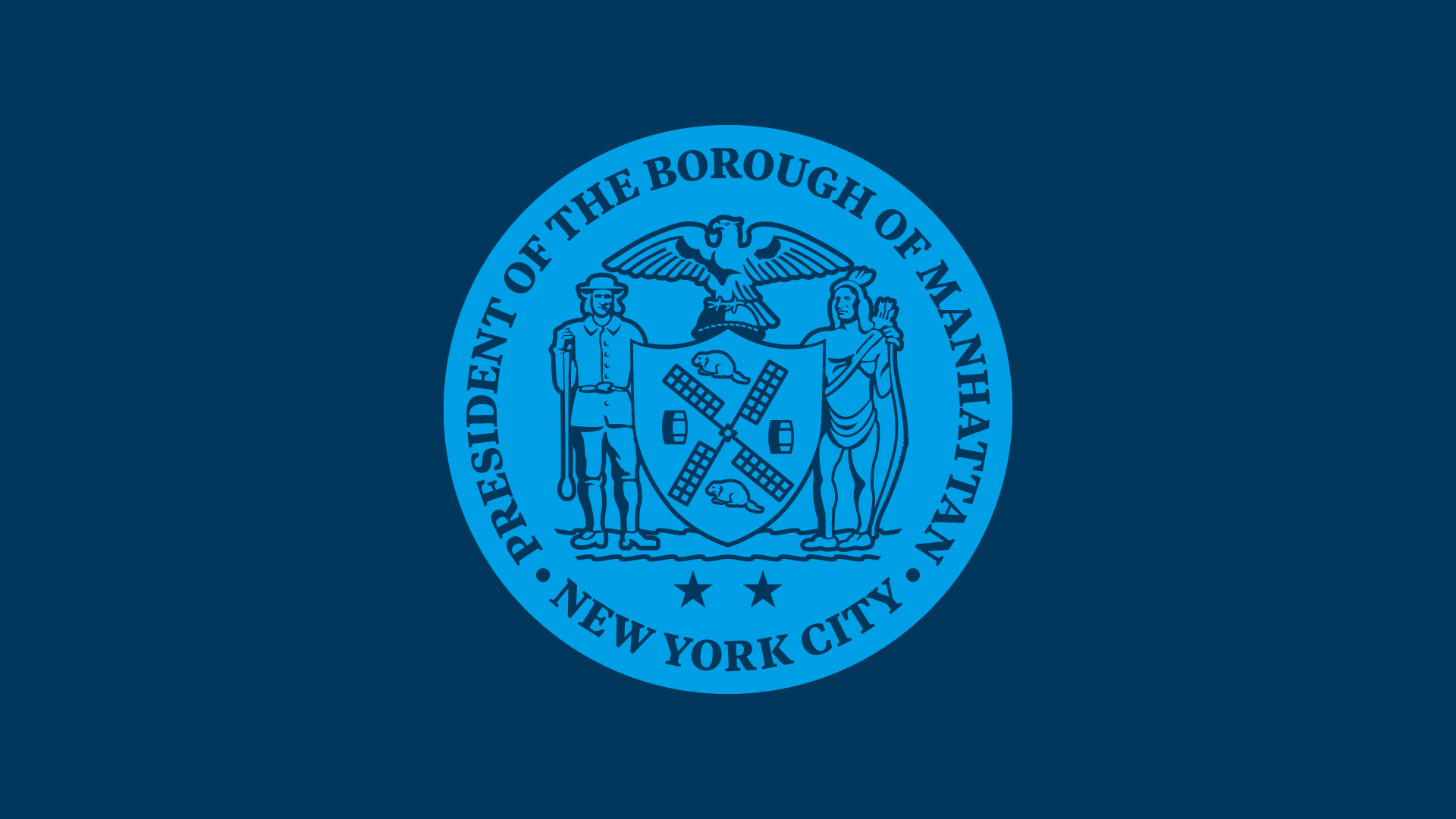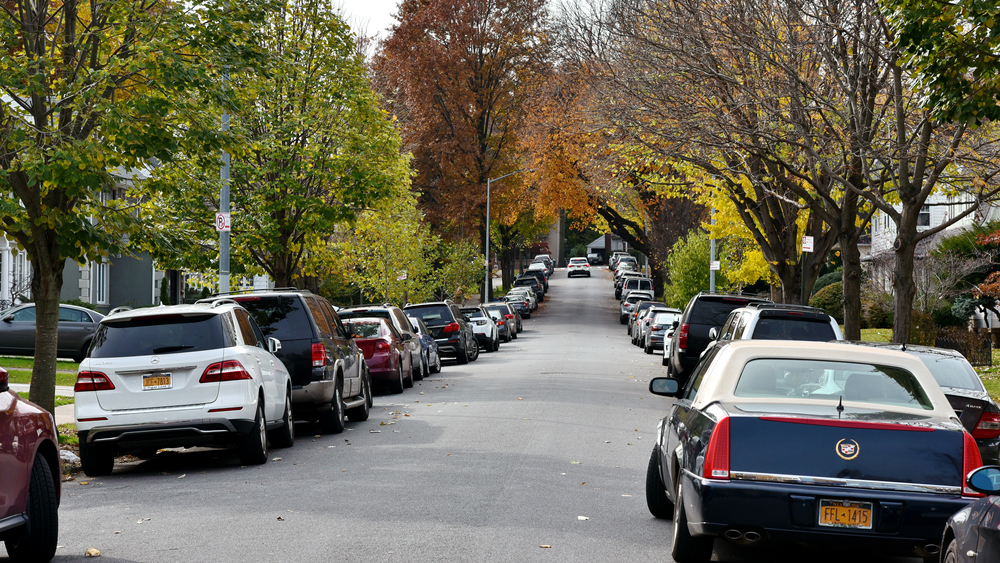This article was originally published on crainsnewyork.com on May 23, 2024.
By NICK GARBER
New York City’s community boards have long been known as bastions of anti-development sentiment, capable of persuading city lawmakers to block new buildings seen as too tall, or unsightly, or out-of-character for the neighborhood. But Manhattan Borough President Mark Levine says he’s making progress in his quest to make the neighborhood groups more open to new housing.
Levine, one of the city’s most vocally pro-development elected officials, has limited power to influence housing policy through his partly ceremonial office. But he does appoint half of the volunteer members of the borough’s 12 community boards — and starting last year, he added a new question about housing to the boards’ annual application, in an effort to find new members who view the city’s current housing shortage as a crisis.
Two years in, Levine says the effort is showing promise: of the 111 new Manhattan board members appointed this week, 81% ranked housing as either their first or second-biggest priority. That’s a higher level than when the application first posed the question in 2023, according to his staff, although they were unable to share last year’s figure.
“I think it reflects the magnitude of the crisis, and the extent to which particularly young people are directly confronting this in their own lives as they try to find housing for themselves,” Levine said in an interview. Although community boards have no formal power, their symbolic votes are often enough to convince their local City Council members to block rezonings.
The new members could have an immediate impact: Mayor Eric Adams’ ambitious City of Yes plan loosening zoning rules for housing has just begun its review by community boards, and City Council members are expected to closely watch the boards’ votes in the coming weeks as a sign of how potent the local opposition is.
Of course, ranking housing as a top priority doesn’t guarantee that a community board member will vote in favor of new development. But Levine says his office has other ways of screening out candidates who reflexively oppose adding housing — for the past three years, Manhattan applicants have been asked to role-play an imaginary rezoning application, and Levine’s office pays attention to whether the applicants indicate more interest in the new housing being created versus other factors like “neighborhood context.”
Levine isn’t the only one seeking to shake up the city’s community boards. Members of the pro-housing advocacy group Open New York have run for positions on several boards, including Midtown’s Community Board 5, where discord has erupted in recent months after longtime members resigned in protest over what they called growing influence by pro-development forces.
Levine stressed that his office looks for a “diversity of perspectives” rather than uniformly yes-in-my-backyard attitudes. He does not expect that similar conflict will erupt at other community boards as a result of his new appointments, calling the situation at CB5 “extraordinary and beyond anything I have seen, not just in my time as borough president but in my time in local government.”
The new class of 111 board members joins an existing cohort of members being re-appointed to another term this year. Levine says the new members have other strengths — 65% are people of color and 31% are parents or caregivers, chipping away at longstanding concerns that community board members skew white, wealthy and older.
Levine himself has taken some other steps to encourage development, last year releasing a list of 171 sites around Manhattan that he said could accommodate new housing. If a developer proposed a rezoning on one of those sites, Levine pledged to expedite his office’s review of the project from the typical 45 days to just five days — and has since followed through on that promise by fast-tracking an apartment tower in Yorkville, and two in East Harlem.
Some of Levine’s peers have similar ideas for boosting growth. Brooklyn Borough President Antonio Reynoso last year unveiled a comprehensive plan for his borough that included a promise to greenlight rezonings proposed in neighborhoods that have historically under-built.




